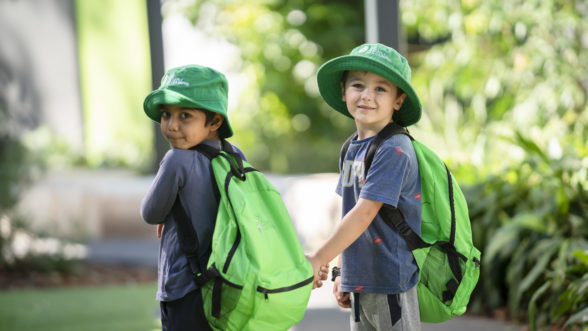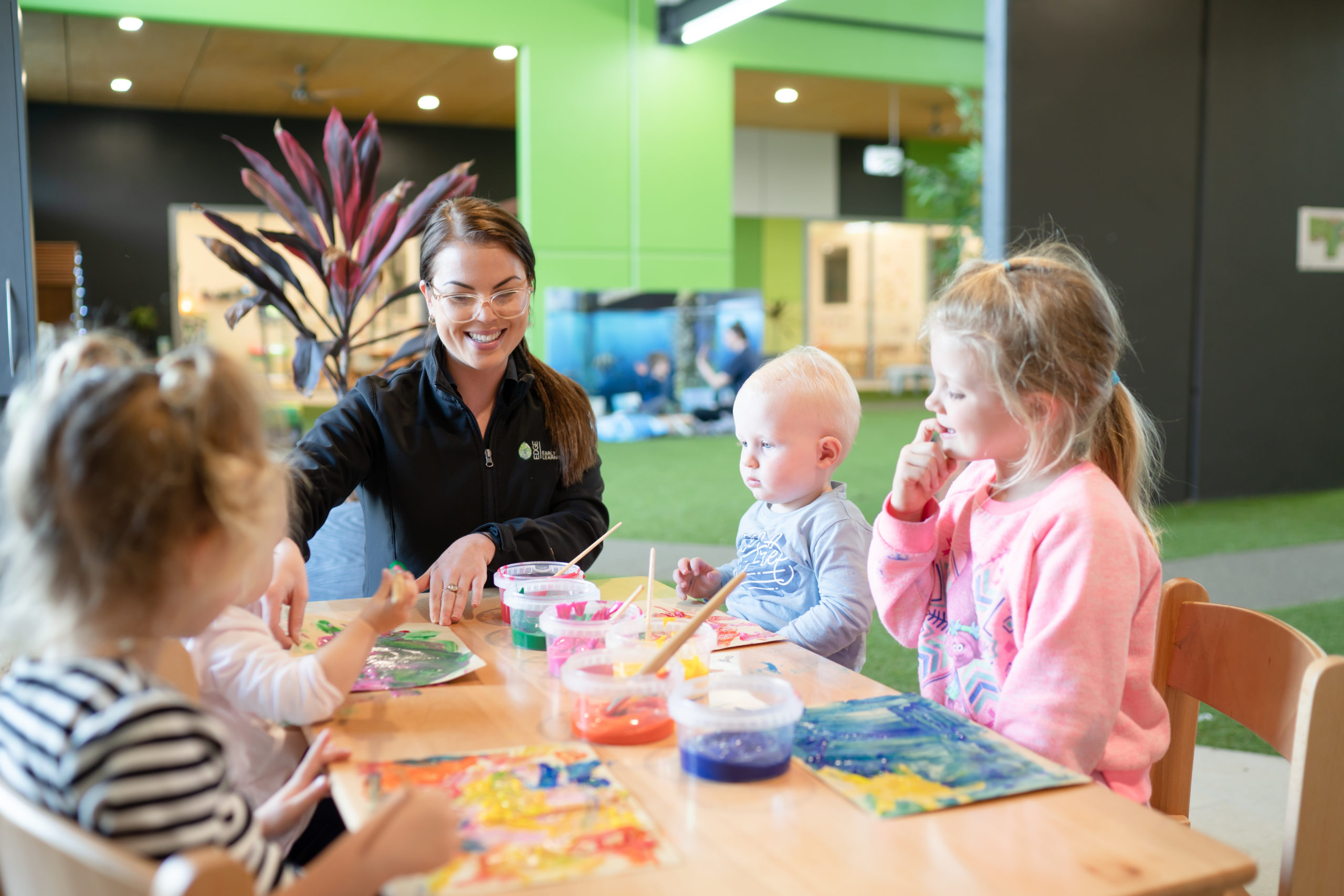
Education, Uncategorised, Useful tools
Uncategorised
10 August, 2021

There’s learning, and then there’s active learning – when a student doesn’t just take in information but participates or interacts with the learning process. Research indicates that active participation in education helps students learn more, as it encourages the brain to tap into the cognitive and sensory networks that help process and store new information. Activities involving discussions, practice, reviews, problem solving, and group work are all great ways to facilitate active learning. In the Early Learning industry, the term can be interchangeable with ‘creative learning’ and ‘play based learning’.
So, what is play-based learning in early years education? It can look like:
Active learning approaches
Edge has become an example of what cognitive learning should look like in early childhood programs. Some of the key approaches we pursue include:
Among the many benefits of active learning, your child will experience improved self-esteem, gross and fine motor skills, memory recall, problem solving, communication, teamwork, social behaviours, engagement in and out of the classroom, concentration, and confidence – just to name a few!
Why is active learning effective?
The power of active learning lies in the key principles that define it. These principles include:
How is active learning different from other approaches?
Active learning is seen as the opposite to passive learning, an approach where the learning is generated from the teacher and absorbed by the learner. In the simplest terms, active learning asks students to think, discuss, challenge, and analyse information, while passive learning requires the absorption, assimilation, consideration, and transfer of information. This isn’t to say that one is necessarily better than the other – a university lecture is a good example of where passive learning is more effective than active learning – but rather, that active learning is typically better suited to an early childhood context.
Want to know more?
Edge Early Learning provides children with a holistic learning experience and inquiry-based approach to trigger curiosity and build key developmental skills. If you would like to find out more, contact one of our friendly team members or book a tour of your local Edge Early Learning Centre today!